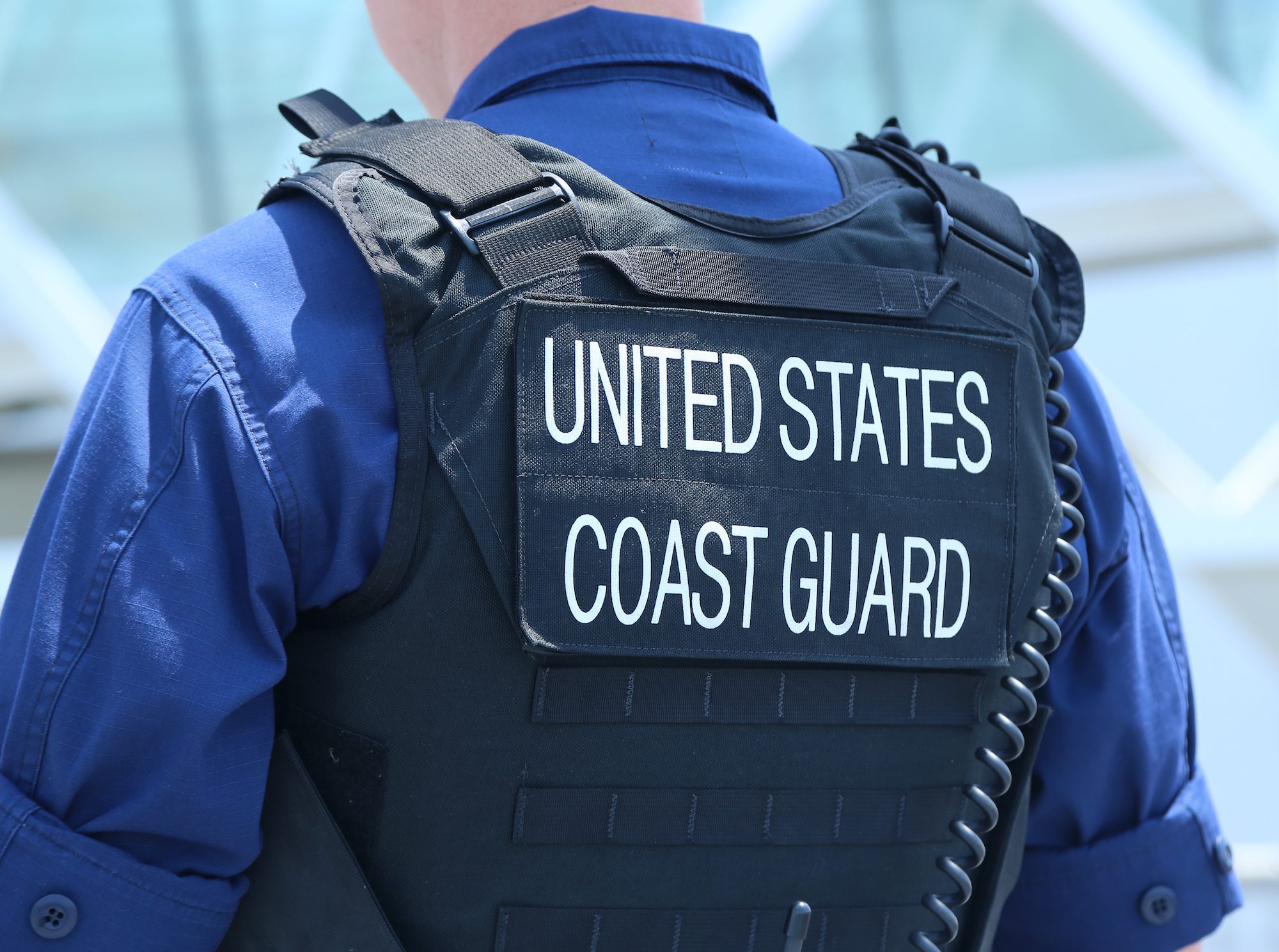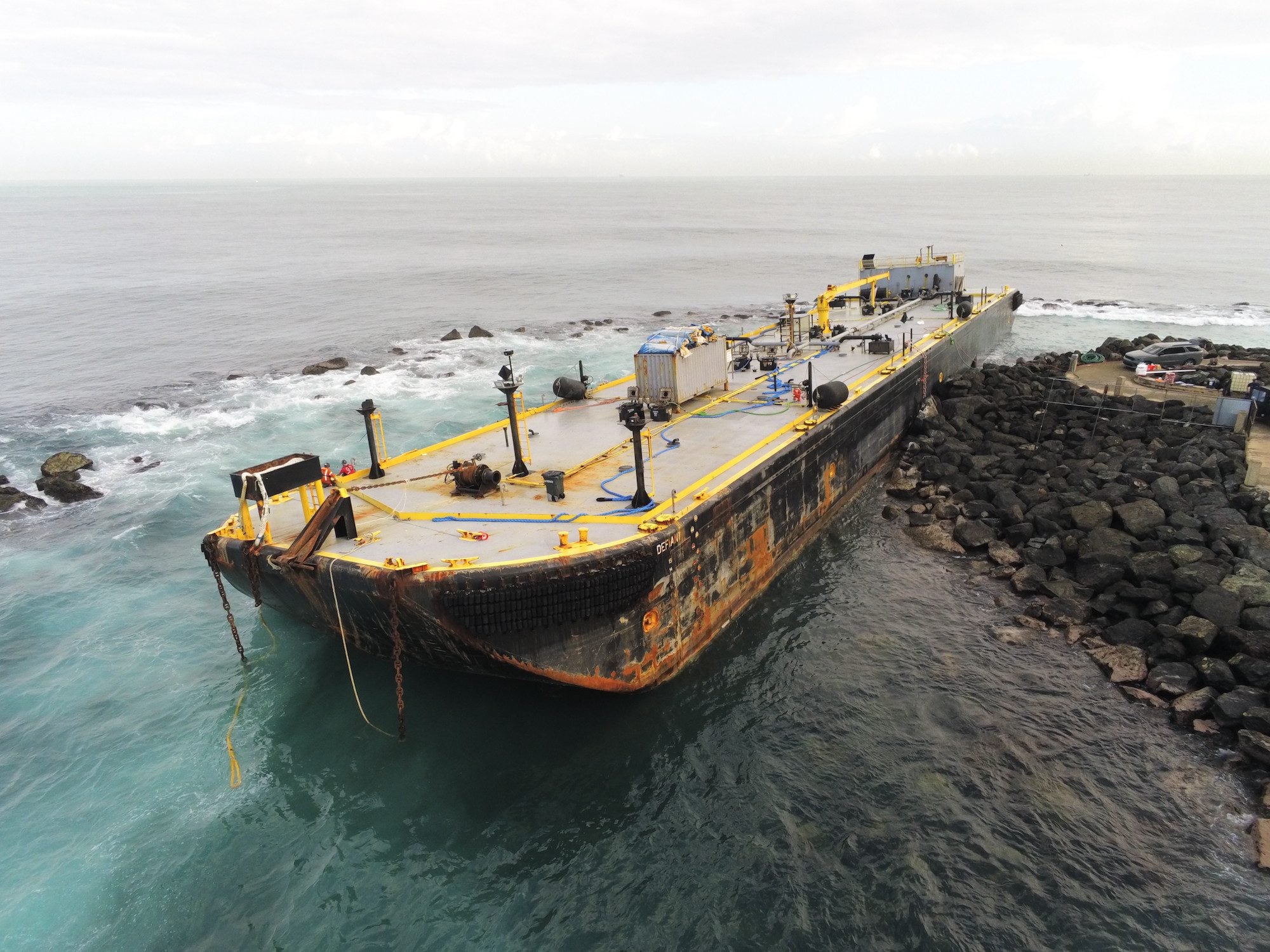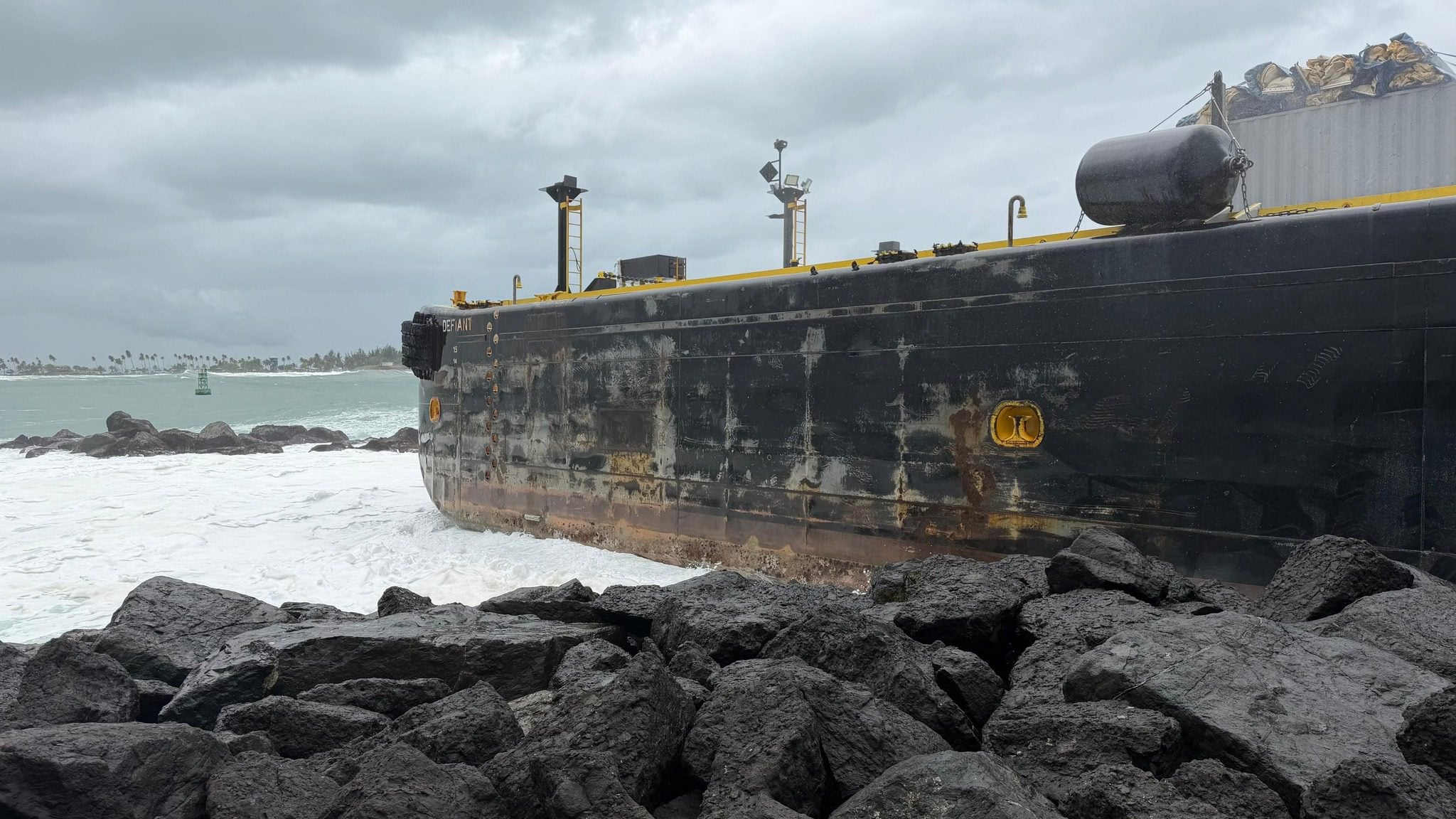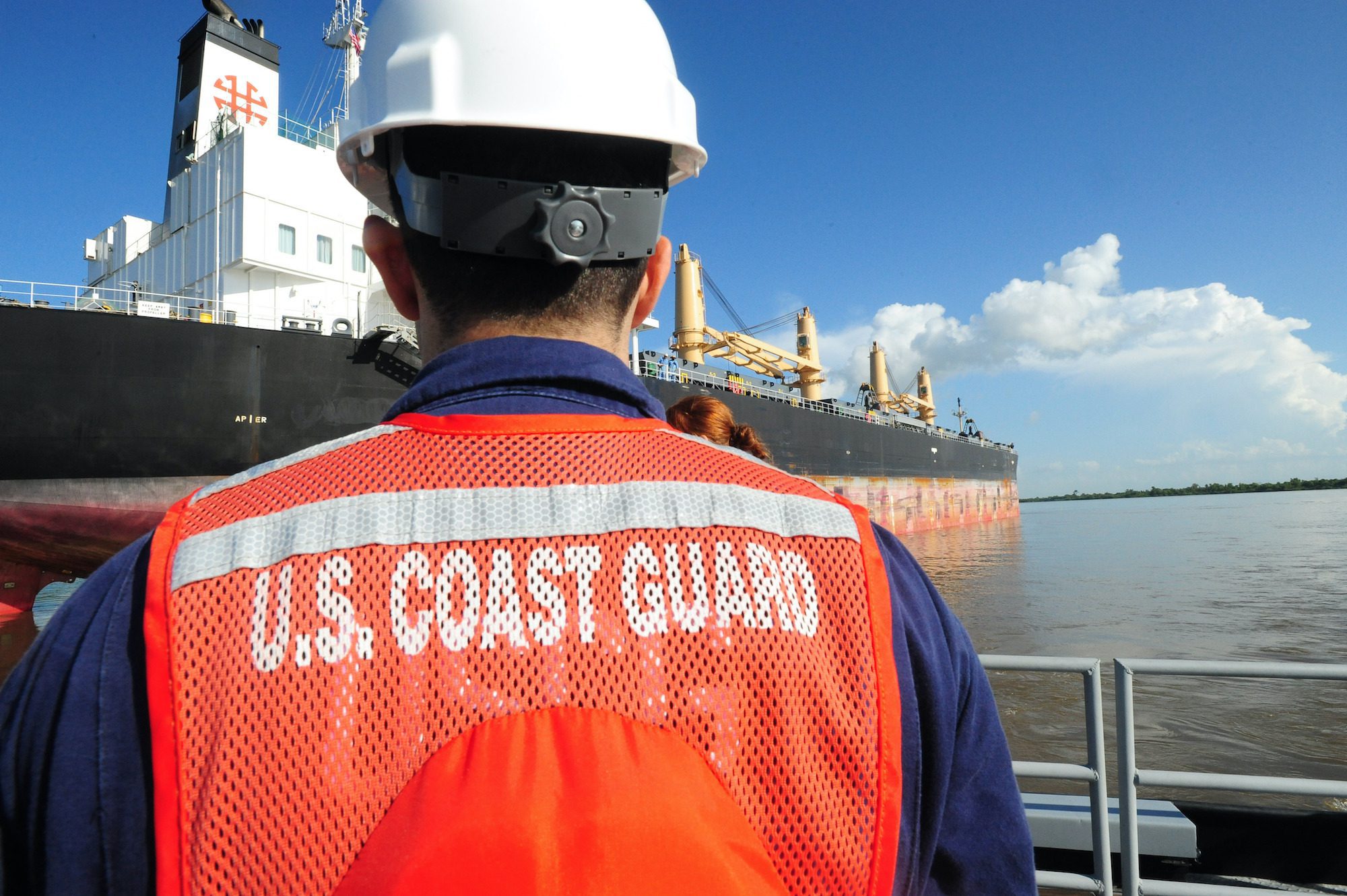Updated: October 24, 2023 (Originally published December 7, 2021)
The U.S. Coast Guard says it stands ready to pursue and prosecute cases of sexual assault on board U.S.-flagged vessels and is encouraging timely reporting to help catch offenders.
“Mariners have the right to work in a professional setting that is free from the threat of sexual offenses,” said Rear Admiral John Mauger, Coast Guard Assistant Commandant for Prevention Policy. “Sexual assault is a crime. When it happens aboard a U.S. vessel it must be reported to the Coast Guard. Trained Coast Guard investigators will respond and we will hold offenders accountable.”
In a blog post today on the Maritime Commons blog, the Coast Guard delivers the message that “sexual assault has no place in the maritime profession.” The post also describes a little about the investigation process alongside a commitment to investigate each report alleging that a credentialed mariner committed sexual assault.
“The Coast Guard Investigative Service (CGIS) will initiate an investigation and gather additional information for all reports of sexual assault, or other crimes at sea. Coast Guard investigators work alongside Coast Guard attorneys to ensure they gather sufficient evidence to refer the case to the Department of Justice for potential prosecution,” the blog post says. “Moreover, the Coast Guard has the authority to investigate and take enforcement action against the mariner’s credential to preclude the mariner from serving as a Coast Guard-credentialed commercial mariner.”
“Coast Guard investigators follow all available leads,” said Michael Berkow, Coast Guard Investigative Service Director. “But too often sex crimes are not reported. We encourage victims and witnesses of assault to reach out to the Coast Guard, CGIS, or local authorities to ensure the allegations are investigated.”
To facilitate reporting, the Coast Guard Investigative Service uses a mobile app called CGIS Tips, where users can anonymously communicate with an agent and upload images and additional information directly. Reports can also be made on the Coast Guard Investigative Service website, through the Tip Form, or by contacting any CGIS regional office.
The Coast Guard says it receives an average of 15-20 tips per month, many of which have led to further criminal action. To help stop crimes before the occur, the Coast Guard merchant mariner credentialing application process also restricts convicted sex offenders from obtaining a credential, regardless of whether the underlying crime occurred aboard a vessel.
“Shipboard climates, which are tolerant of assaults, undermine mariner welfare and maritime safety. Everyone has a duty to look out for their shipmates by creating a safe and respectful climate aboard,” the blog post says.
Sign up for our newsletter

 Join The Club
Join The Club











